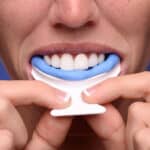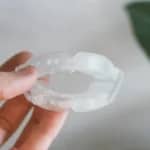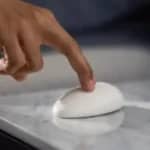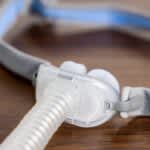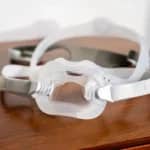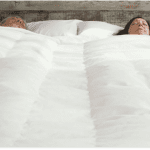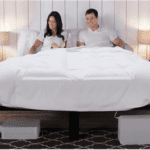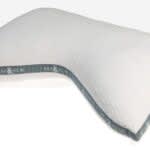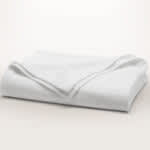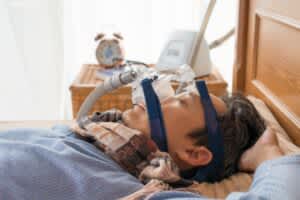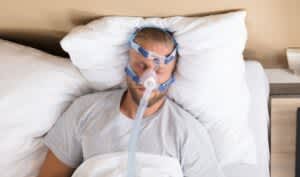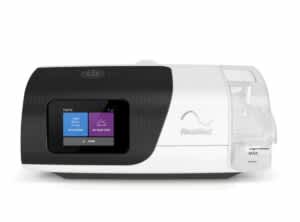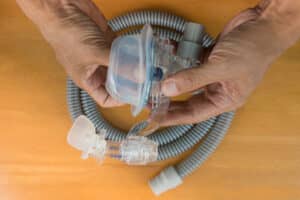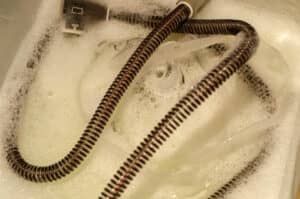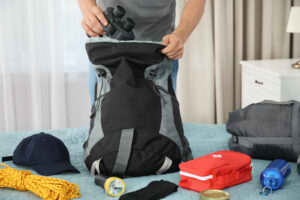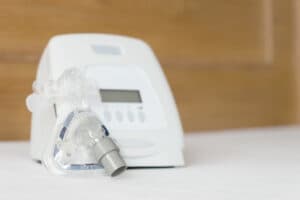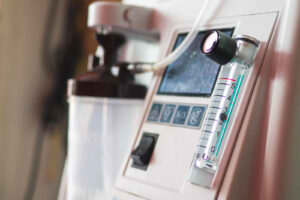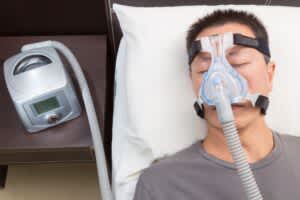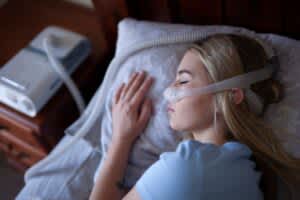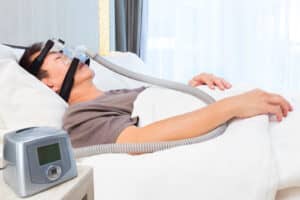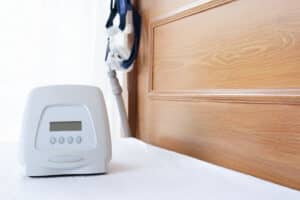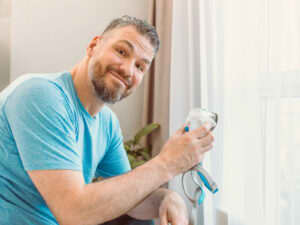If you use continuous positive airway pressure (CPAP) therapy, you may at some point experience a mask leak. This can cause unpleasant side effects, compromise the effectiveness of your CPAP therapy, and even contribute to reduced CPAP use.
Preventing and stopping mask leaks is possible, often by replacing equipment or trying a different type of mask. We cover common causes of CPAP mask leaks, signs a leak may be occurring, and how to prevent cpap mask leaks.
Causes of CPAP Mask Leaks
CPAP mask leaks are associated with a number of factors, including the type and condition of your mask. Personal characteristics can also make you more likely to have a mask leak.
- High level of air pressure: High amounts of air pressure correlate with an increased risk of unintentional leak.
- Old or damaged mask: Changes over time to mask parts like straps can cause a poor mask fit.
- Ill-fitting mask: A proper mask fit is important to avoid side effects like CPAP leaks. That includes a good seal around face parts. A mask may fit too tightly, making the cushion around the mask frame not function correctly.
- Facial hair: Particular mask types, such as nasal and full face, may cause excessive leaks for someone with facial hair.
Other characteristics can put people more at risk for mask leaks. These include higher body mass index (BMI), male sex, older age, nasal congestion, smoking and health conditions like chronic obstructive pulmonary disease (COPD).
Signs Your CPAP Mask Is Leaking
Manufacturers of CPAP machines have different thresholds for what constitutes an unacceptable level of mask leak. Most CPAP machines can assess and adjust for these to some extent. However, there is no consensus about what constitutes an acceptable amount of leak versus a problematic one. Talk to your doctor if your machine gives any indications you may be experiencing a leak.
With even a small leak, you may experience air blowing into your eyes. Over time, this can cause dry eye symptoms. Other signs of a leak include a dry mouth, nasal congestion, loud noise, and sleep fragmentation or multiple awakenings.
How to Stop CPAP Mask Leaks
A personalized solution is best for addressing mask leaks. You have a number of options, and which action to take depends on your specific needs and preferences as well as your doctor’s recommendations. Technology is evolving, and in the future, you may be able to get a mask that is created specifically for your face.
Switch to a Different Type of Mask
Changing to another type of CPAP mask is possible, but it is important to work with your doctor to find the source of the leak before switching. For example, oronasal masks are most appropriate for people who breathe through their mouth while sleeping. Sometimes choosing another brand may also help.
Manage Nasal Symptoms
Treating nasal congestion can also help with mask leaks. Consult your healthcare provider about the best way to address a stuffy nose. Depending on your health needs, options include antihistamines and nasal corticosteroid sprays.
Replace an Older Mask
Most CPAP mask manufacturers do not specify how long their masks will work properly. With that in mind, check your mask seal periodically or if you notice signs of wear. Another option is to replace parts of your mask. As a guideline, Medicare allows people who use CPAP machines to replace their masks every three months.
Add a Chinstrap
Adding a chinstrap has been shown in a few studies to limit leaking by reducing mouth opening. This approach appears to be more successful with people who have a lower level of mouth leak. The medical community is not in agreement about the long-term success of a chinstrap. If you use one, it is best practice to pull the top part of the straps forward on your head to avoid pulling the jaw backward.
Use a Humidifier
Use of a CPAP humidifier is recommended to improve a person’s comfort and regular use of CPAP therapy. Most CPAP machines come with humidification and a recommendation to use this feature. One study indicates that use of a CPAP humidifier may help people with nasal congestion and reduce mouth leak.
Adjust a Mask
Check your mask to see if it fits correctly or needs adjusting. Possible changes include resizing a mask and replacing the mask cushioning. One area to potentially adjust is the straps, which you can try to tighten or loosen.
How Can You Prevent CPAP Mask Leaks?
With care and collaboration with your healthcare provider, you can reduce the chance you will have CPAP mask leaks. Following a few simple steps can help you make using your CPAP an effective and comfortable experience.
- Select an appropriate mask. In collaboration with your healthcare provider, choose a mask that fits well based on your needs and preferences.
- Ensure correct mask fit. It is best to optimize for a good mask fit, including the seal. If you are selecting a mask in a store, you will likely be able to try on masks to get the proper fit. Ideally, you should try your mask with pressurized air to check for mask fit and leaks. If you order online, consider choosing a pack with a variety of sizes and make use of available software features to determine best fit.
- Monitor adverse effects. Check your CPAP mask and equipment regularly for wear and damage. If you notice anything irregular about your CPAP machine’s functioning, including a mask leak, contact your healthcare provider to find solutions. Effective CPAP therapy offers health benefits and can improve quality of life.
References
The Sleep Doctor Forum: Real Experiences, Real Connections
Continue the discussion on the Sleep Doctor Forum. Connect with experts and fellow forum members on CPAP, sleep apnea, and all things sleep. A priceless resource that’s free to join.



